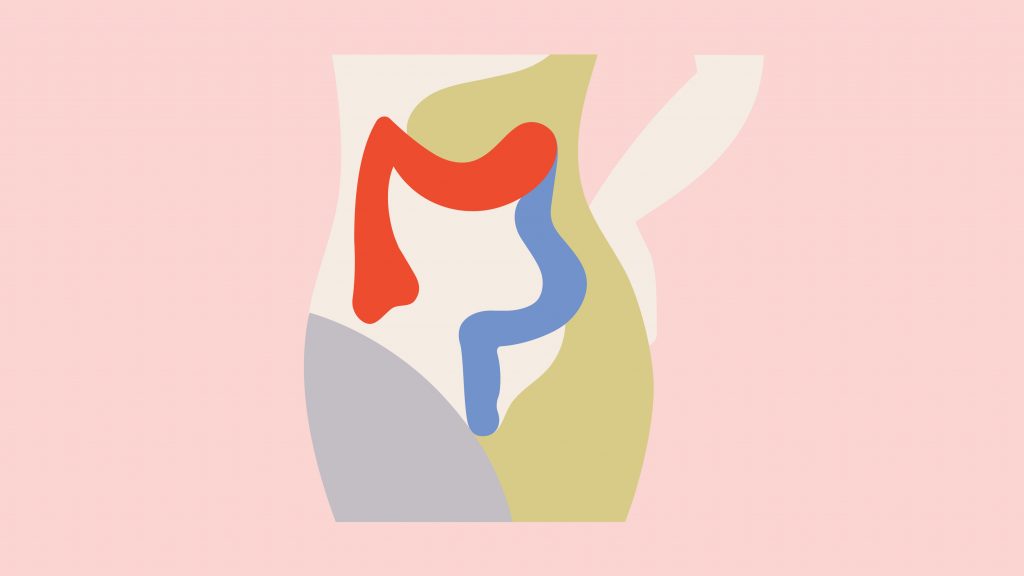A Painful Condition Affecting 1 in 10 Women
- Actress and activist Olivia Culpo, 31, has been vocal about a condition she suffers from called endometriosis, which can cause chronic pelvic pain and infertility. 1 in 10 women suffer from it, and many question if it’s linked to cancer, but opinions in the medical field appear to be mixed.
- Endometriosis is when tissue similar to the tissue that normally lines the inside of your uterus the endometrium grows outside your uterus.
- The primary symptom of endometriosis is pelvic pain, which is often associated with menstrual periods. Although many experience cramping during their menstrual periods, people with endometriosis typically describe menstrual pain that is far worse than usual and may increase over time.
With endometriosis, according to the World Health Organization, tissue similar to the lining of the uterus grows outside of the uterus.
Read More
Dr. Shafer added that some rare types of ovarian cancer, “like clear cell ovarian cancer and endometrioid ovarian,” are more common in women with endometriosis, but the risk is still lower than 1 percent with those cancer types.
Harvard Health doctors echo MD Anderson, stating the lower than 1 percent risk.
However, in the Asian Pacific Journal of Cancer Prevention, published the same year on NIH, endometriosis is referred to as a “benign disease,” but “with the potential to become malignant.”
The journal added that “large studies have demonstrated the presence of ovarian carcinoma in 5 to 10% of cases of endometriosis; while others have shown that malignant transformation through atypical endometriosis, described as glands with atypical cytology or architecture, occurs clinically in 0.7 to 1.6% of patents in a 8-year follow-up.”
The journal also noted that it’s a “controversial” topic. “Researching this topic can result in significant clinical and prognostic differences.”
Olivia Culpo’s Advocacy Work for Endometriosis
As for helping to raise awareness for the disease itself and the havoc it can cause, Culpo has aimed to educate more people so that undiagnosed women can identify the problem and get proper care. The former Miss USA and Miss Universe experienced painful cramps for 12 years before getting an accurate diagnosis (which is difficult to do without surgery and may require multiple opinions).
“If you know somebody with endometriosis, be there for them,” Culpo shared in a 2023 interview with NIH MedlinePlus Magazine. “Educate yourself so that if someone describes their symptoms to you but doesn’t know the cause, you can help them find treatment.”

When misdiagnosed or symptoms are brushed off, women are often left feeling “invalidated,” which is why it is important to have support from the right people — doctors, of course, along with friends and family.
“I’ve had my parents, siblings, and many friends behind me,” said Culpo, who recalled a weekend visiting her then-fiancé, San Francisco 49ers running back Christian McCaffrey, who called an NFL team physician to help Culpo.
“That physician connected me to the doctor who eventually performed my surgery,” she said. “Until that point, I felt like I had essentially been my own doctor.”
Learning More About Endometriosis
The primary symptom of endometriosis is pelvic pain, which is often associated with menstrual periods. Although many experience cramping during their menstrual periods, people with endometriosis typically describe menstrual pain that is far worse than usual and may increase over time.
Common signs and symptoms of endometriosis include the following, according to the Mayo Clinic:
- Painful periods (dysmenorrhea). Pelvic pain and cramping may begin before and extend several days into a menstrual period. You may also have lower back and abdominal pain.
- Pain with intercourse. Pain during or after sex is common with endometriosis.
- Pain with bowel movements or urination. You’re most likely to experience these symptoms during a menstrual period.
- Excessive bleeding. You may experience occasional heavy menstrual periods or bleeding between periods (intermenstrual bleeding).
- Infertility. Sometimes, endometriosis is first diagnosed in those seeking treatment for infertility.
- Fatigue
- Diarrhea
- Constipation
- Bloating
- Nausea
Be Pushy, Be Your Own Advocate — Don’t Settle
Endometriosis can be hard to diagnose, so don’t be afraid to get multiple opinions if you feel like the changes to your health aren’t being properly addressed.
Learn more about SurvivorNet's rigorous medical review process.

